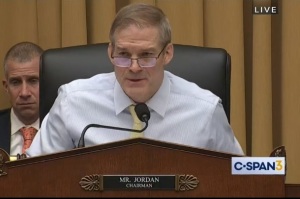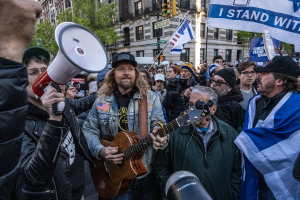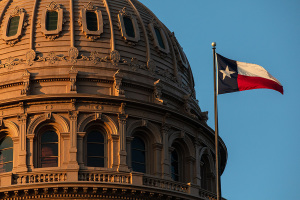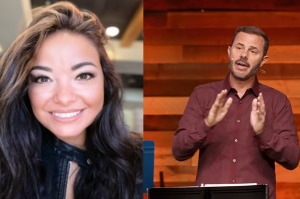Andrew Yang quits Democratic Party, warns ‘polarization is getting worse than ever’
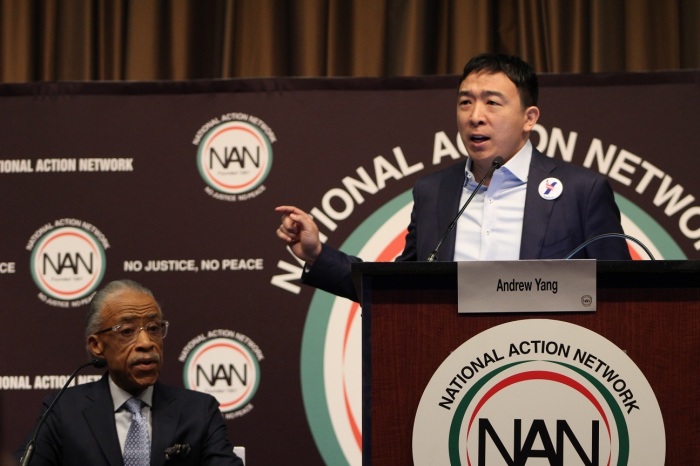
Former 2020 Democratic presidential candidate Andrew Yang, who also failed in his bid to become the next mayor of New York City this year, announced Monday that he has broken up with the Democratic Party to join America’s largest voting bloc of independents because politics has become too polarizing.
“I’m confident that no longer being a Democrat is the right thing,” Yang said in a statement on his website Monday. “Please, keep in mind that I am NOT suggesting that you also change your voter registration to Independent, as I have done. Doing so could disenfranchise you if you live in the 83% of the country that is very blue or very red. For this reason, I considered either not making this change or not talking about it.”
Prior to his foray into politics, Yang founded Venture for America, an organization that helps entrepreneurs create jobs in cities across the U.S., including Baltimore, Detroit, Pittsburgh and Cleveland.
In his 2018 book, The War on Normal People, he warned that America was careening toward a dystopian future without jobs due to increased automation and technological advances. To prevent the inevitable “widespread squalor, despair and violence” that would result from this rapid shift, he recommended giving every adult citizen $1,000 a month in universal basic income.
It was a proposal that became increasingly popular among a majority of black and Hispanic voters, particularly as the coronavirus pandemic swept the world and disrupted lives and economies in 2020.
Yang explained that he now believes he will be better able to uplift America as an independent, as he has always been a bit more pragmatic than ideological in his approach to politics.
“On a personal level, I’ll admit there has always been something of an odd fit between me and the Democratic Party. I’m not very ideological. I’m practical. Making partisan arguments — particularly expressing what I often see as performative sentiment — is sometimes uncomfortable for me. I often think, ‘Okay, what can we actually do to solve the problem?’ I’m pretty sure there are others who feel the same way I do,” he said.
“I’ve seen politicians publicly eviscerate each other and then act collegial or friendly backstage a few minutes later. A lot of it is theatre. I’ve also had people publicly attack me and then text or call me privately to make sure that we were still cool. It just had to be done for appearances,” he continued. “Perhaps it’s the nature of my upbringing, but I’m actually more comfortable trying to fix the system than being a part of it.”
Thanks to his decision, Yang feels he can now engage issues more effectively and honestly without the burden of partisanship to worry about.
“My goal is to do as much as I can to advance our society. There are phenomenal public servants doing great work every day — but our system is stuck. It is stuck in part because polarization is getting worse than ever. Many of the people I know are doing all of the good they can — but their impact is constrained. Now that I’m not a member of one party or another, I feel like I can be even more honest about both the system and the people in it,” Yang wrote. “I believe I can reach people who are outside the system more effectively. I feel more ... independent.”
A Gallup poll published earlier this year shows that 44% of Americans identify as political independents. Some 25% identify as Republicans and 30% identify as Democrats.
















